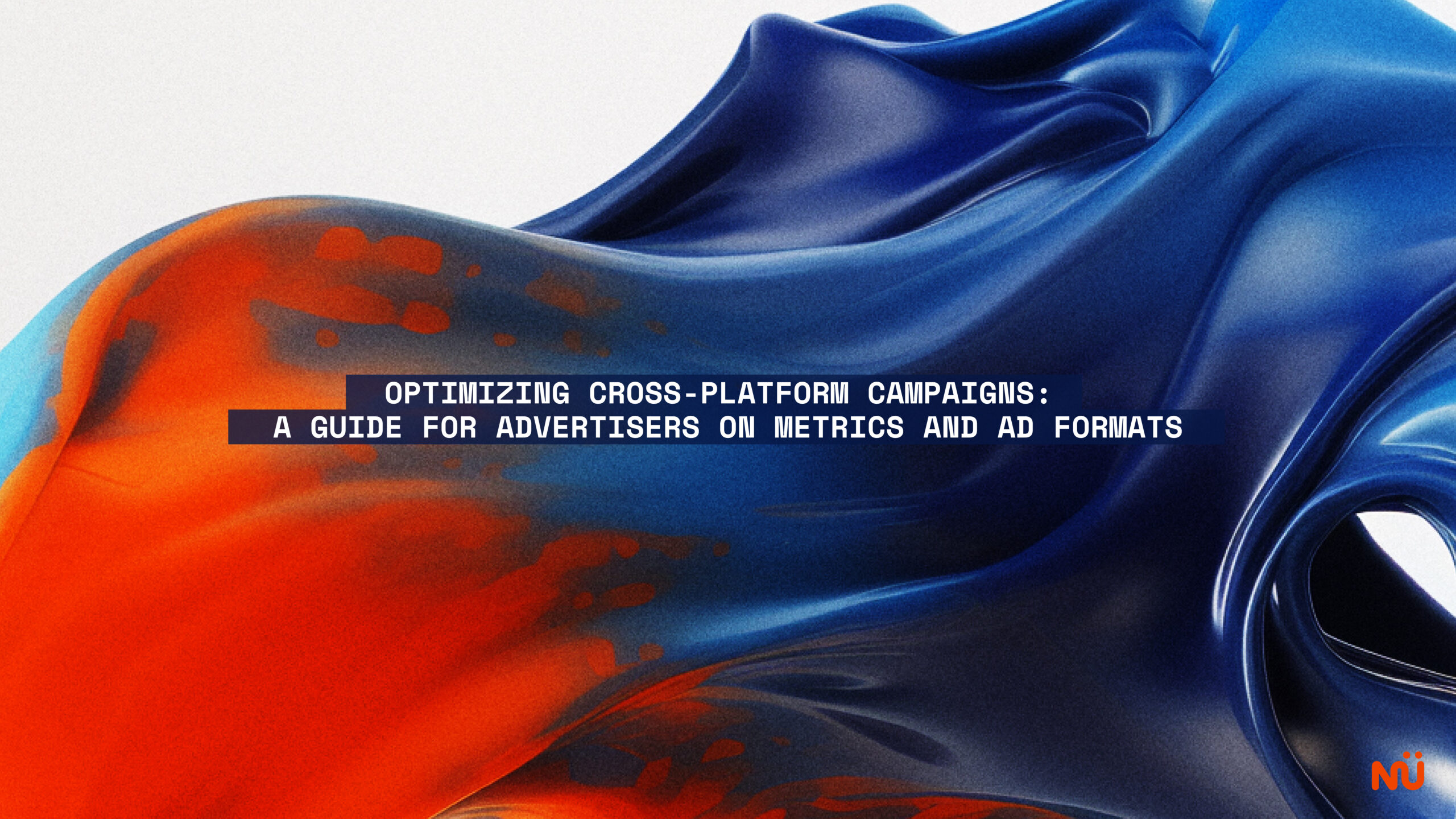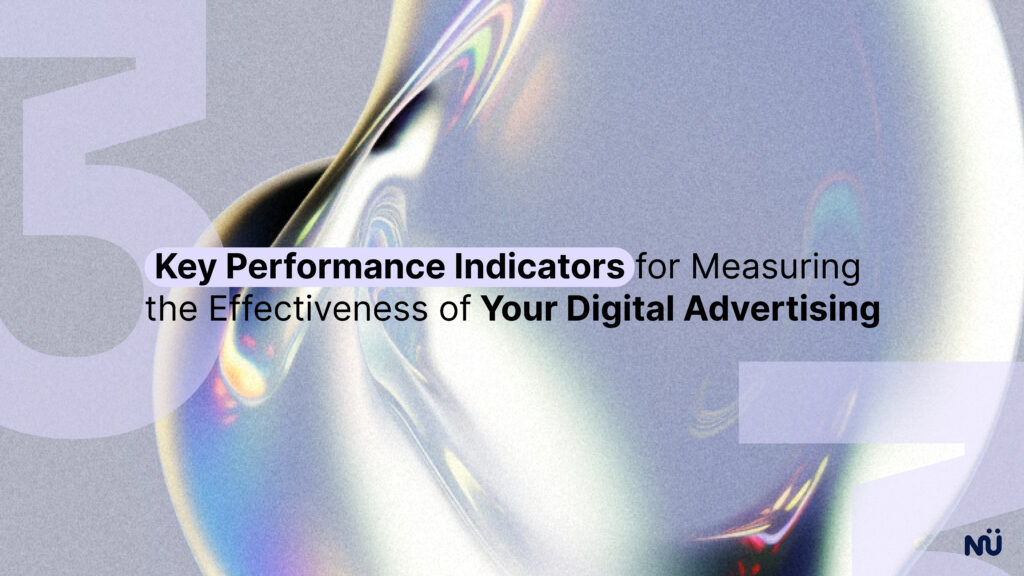In the fast-changing world of digital advertising, programmatic has become an indispensable solution for maximizing campaign effectiveness. Yet, this rapid growth also brings challenges—particularly when navigating the complexity of metrics and ad formats that differ across platforms.
This guide offers practical solutions and proven strategies to help advertisers successfully address these challenges and truly optimize their cross-platform programmatic campaigns.
1. Different Platforms, Different Formats
Walled Gardens and Platform Multiplicity
“Walled gardens” are closed digital ecosystems where providers control users, data, and ad space. Giants like Google, Facebook, Amazon, and Apple dominate this landscape. While they offer massive reach and valuable insights, they restrict access to user data and dictate strict rules for advertisers.
For instance, Google and Facebook account for more than half of the global digital ad market, but their limited data-sharing policies make cross-platform measurement extremely complex. Add to this local platforms like Atelier Direct La Presse or Quebecor’s Le Guichet in Québec, and advertisers face a fragmented environment where each platform comes with its own rules, formats, and reporting models.
Common Ad Formats
- Display Banners: Simple, widely used, but dependent on placement and relevance.
- Video Ads: Popular on platforms like YouTube and Facebook, offering immersive storytelling but requiring higher production costs.
- Native Ads: Seamlessly integrated into editorial content, delivering higher engagement but requiring contextual adaptation.
- Connected TV (CTV): High-quality video experiences on smart TVs, combining TV’s impact with digital targeting precision.
- Programmatic Audio: Ads on streaming platforms like Spotify, reaching audiences in less cluttered moments (e.g., commuting).
Each format has strengths, but also unique challenges—CTV requires big-screen engagement strategies, while native advertising demands contextual creativity.
2. Mastering Metrics Across Platforms
Performance Metrics
Metrics vary by platform, complicating comparisons:
- Google counts an impression when an ad is served, even if barely visible.
- Facebook counts it when an ad appears on-screen, even for a fraction of a second.
CTV uses metrics like video completion rate and unique reach, while programmatic audio looks at listen-through rates and banner click-throughs.
Data Silos
Walled gardens create fragmented reporting, making it difficult to unify campaign results. An advertiser running Google Ads, Facebook Ads, and CTV campaigns on Roku will often end up with disparate datasets, blocking holistic analysis and optimal budget allocation.
3. Practical Solutions
Data Platforms: DMPs & CDPs
- DMPs (Data Management Platforms): Collect anonymized user data to create precise audience segments.
- CDPs (Customer Data Platforms): Centralize first-party data (CRM, site visits, transactions) for deeper personalization.
Data Clean Rooms
Solutions like Optable and Ads Data Hub let advertisers combine datasets across partners while respecting privacy. For example, Disney used Ads Data Hub to measure cross-platform campaigns, merging Google data with Disney-owned properties.
Omnichannel Strategies
An omnichannel approach ensures consistency across all customer touchpoints. Starbucks, for instance, integrates campaigns into its loyalty program, creating a seamless brand experience.
This requires tight team coordination, automation tools, and continuous performance analysis.
4. Advanced Tech for Optimal Campaigns
Demand-Side Platforms (DSPs)
DSPs centralize media buying across platforms, optimize bids in real time, and support diverse formats (display, video, native, CTV, audio).
Example: Google Display & Video 360 (DV360)
- Access to Google data for precision targeting.
- Direct inventory on YouTube for massive reach.
- Machine learning optimization for conversions or brand lift.
- Unified reporting across formats and audiences.
Artificial Intelligence & Machine Learning
AI drives predictive modelling, real-time bid optimization, and advanced audience targeting. For example, Disney leverages AI to adjust ad delivery in real time, boosting efficiency and ROI.
Conclusion
Navigating the maze of cross-platform metrics and formats can feel overwhelming—but with the right tools and strategies, these challenges become opportunities.
By centralizing data, adopting DSPs like DV360, The Trade Desk, or Xandr, and embracing an omnichannel approach, advertisers can not only optimize campaigns but also maximize ROI like never before.
👉 At NÜ, we turn these challenges into success. Contact us today to learn how our programmatic expertise can elevate your campaigns and help you achieve measurable results.
Source example Disney : Disney Plus AVOD Advertising
Source example Starbucks : Starbucks Omnichannel Marketing






